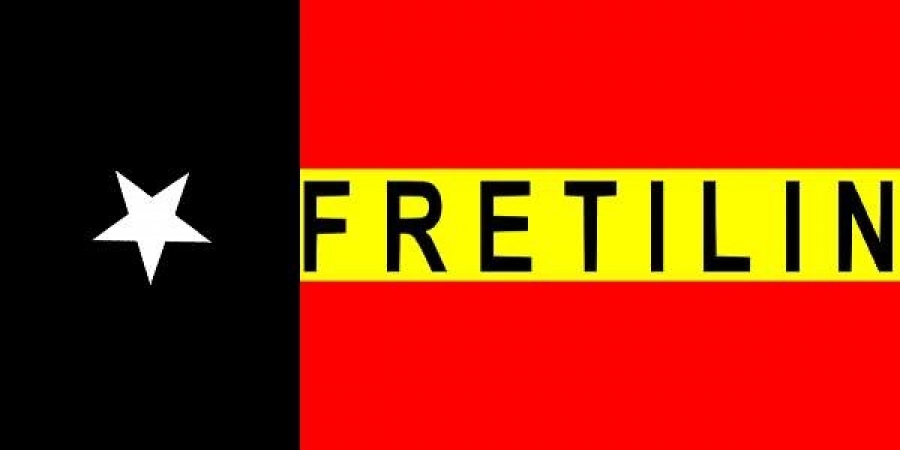On January 17, Timor-Leste’s President approved a government bid to increase access to the Petroleum Fund for investment, a move Fretilin has warned could lead to misuse of the fund.
The decree change removes a 20 percent cap on State participation in oil projects and would allow Sunrise and other projects to bypass approvals by parliament.
The head of Fretilin, Aniceto Guterres, stressed that the party was not against developing oil and gas projects such as the pipeline to Suai, but wanted the government to explain how it could be done sustainably.
On 30 January Fretilin, with 23 members of Parliament’s signatures, asked the Court of Appeals to review the constitutionality and legality of the Law.
Within their 180-paragraph petition several concerns were raised including the new law’s 'blank check' from the Petroleum Fund to the Government.
They believe it would “endanger the income, sustainability and security of the Petroleum Fund, by applying it to non-liquid investments of uncertain return, violating the safeguards in the Petroleum Fund Law,” according to a transcript.
“Until the court decides on the amendments to the Petroleum Activities Law, the laws are technically in force,” La’o Hamutuk said in a statement.
The call comes as the acting Minister of Finance presented a new Petroleum Fund investment policy to parliament on 21 February.
The new policy would allow 5% of the Petroleum Fund (around $800 million) to be invested in the nation’s state-oil company, TimorGap, while reducing the percentage of the Petroleum Fund invested in stocks from 40% to 35%.
Under the proposal TimorGAP must use the investment to exploit known oil and gas fields which are commercially competitive and will contribute to development and diversification of the national economy, according to a statement by La’o Hamutuk.
TimorGAP would pay 4.5% interest on the investment and be required to comply with reporting requirements.









